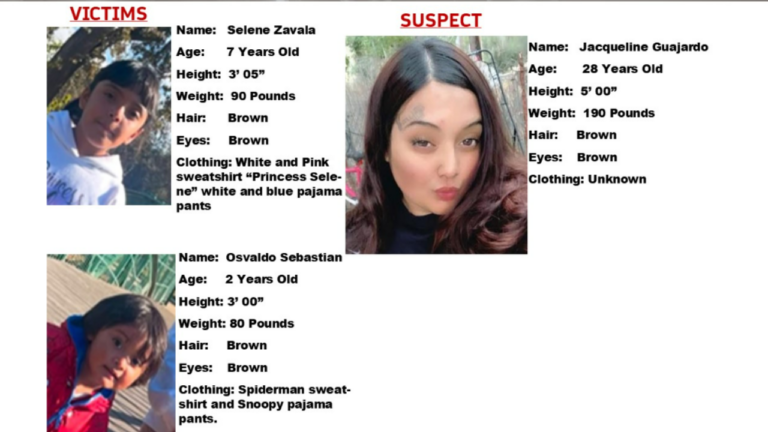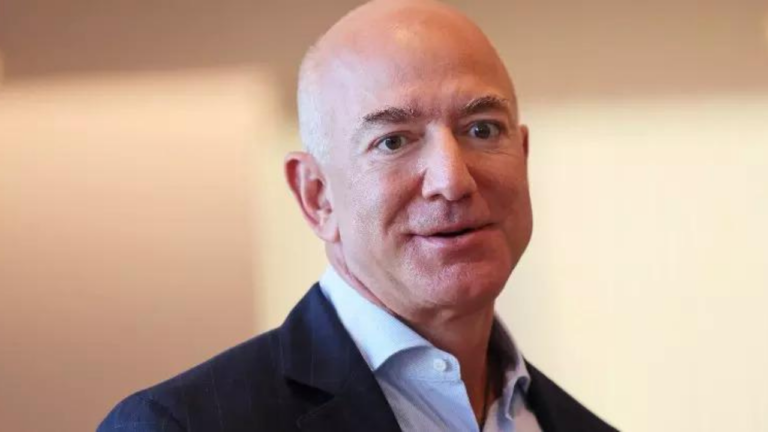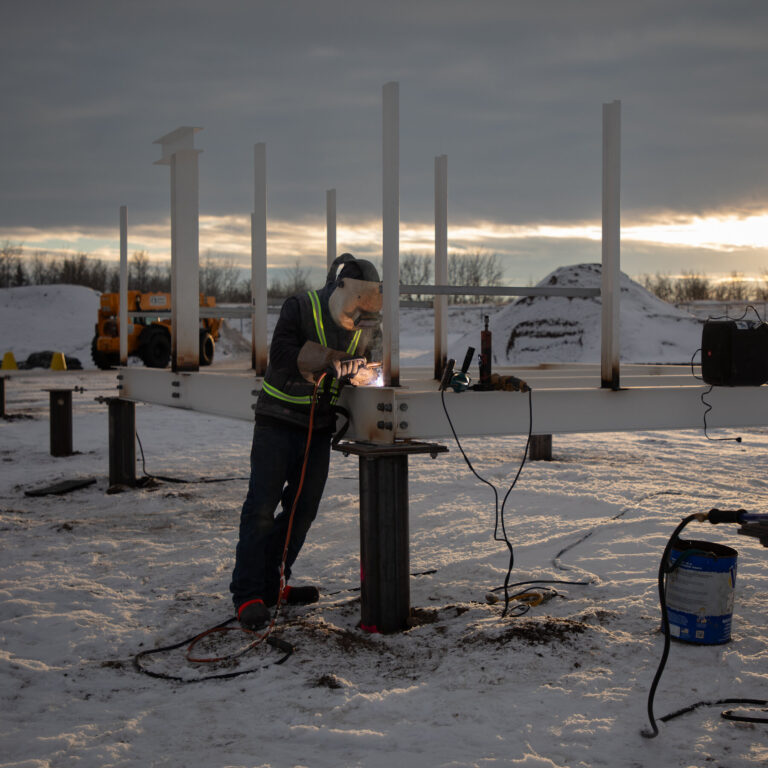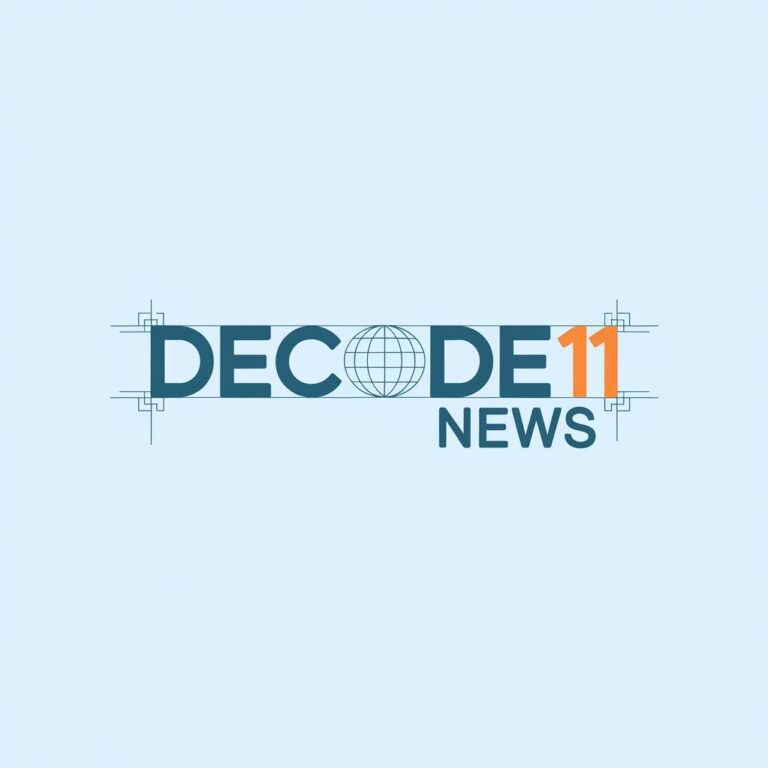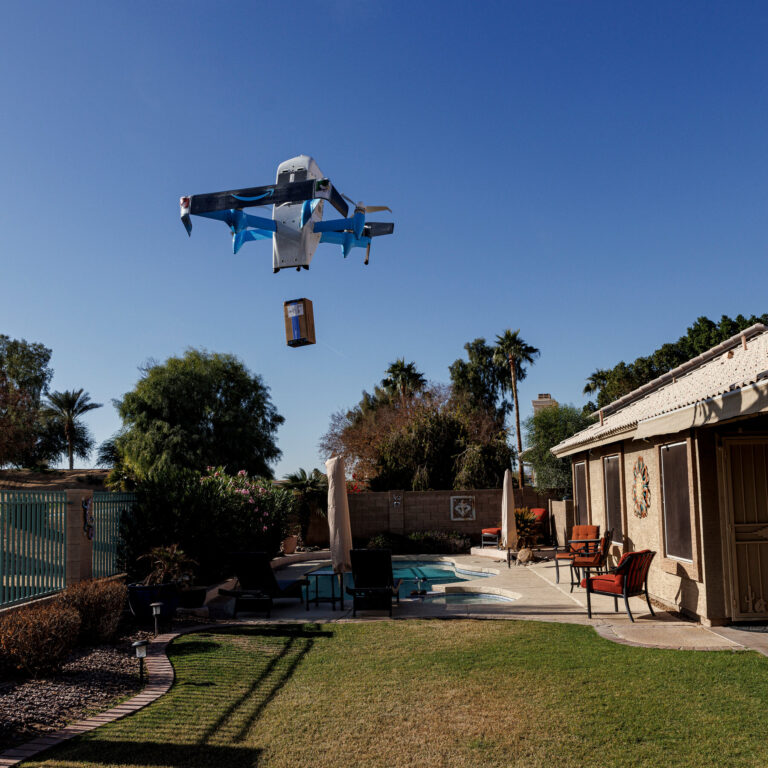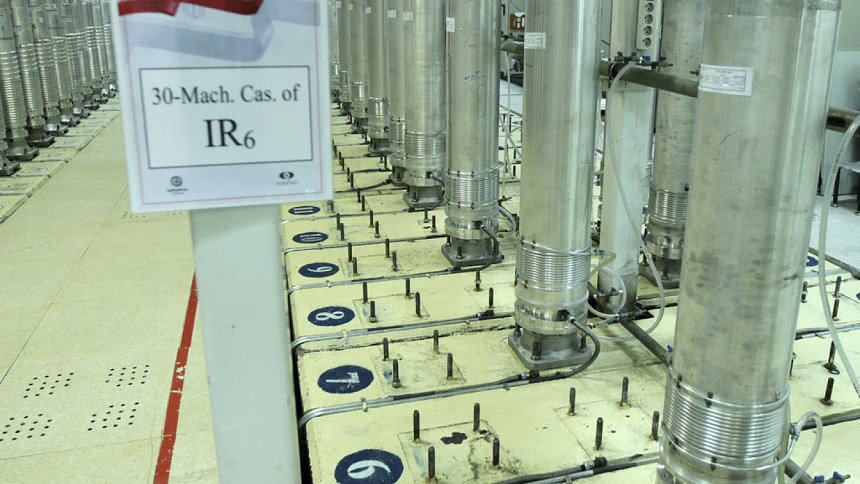
Iran plans to begin uranium enrichment using thousands of advanced centrifuges at its key nuclear facilities, Fordo and Natanz, the United Nations’ International Atomic Energy Agency (IAEA) reported on Friday.
This development heightens concerns over Tehran’s nuclear program as it continues enrichment close to weapons-grade levels.
According to the IAEA, Iran intends to use the new centrifuges to enrich uranium to 5% purity, which is significantly lower than the 60% it is currently producing.
The move suggests Tehran may still be open to negotiations with the West, even as uncertainties linger regarding how US President-elect Donald Trump will approach Iran after taking office. Trump previously withdrew the US from the 2015 nuclear accord in 2018, triggering regional tensions and a series of incidents.
The IAEA’s report outlines Iran’s plans to use advanced IR-2M, IR-4, and IR-6 centrifuges, which are capable of enriching uranium faster than the older IR-1 models that form the backbone of Iran’s nuclear program.
Details on the number of centrifuges in each cascade remain unclear, though past configurations have included up to 160 centrifuges per cascade.
It is uncertain whether Iran has started feeding uranium into the centrifuges. However, by opting for 5% enrichment, Tehran retains leverage in negotiations while reserving the ability to escalate enrichment levels if talks stall. Enrichment at 90% is considered weapons-grade.
Since the US withdrawal from the 2015 nuclear deal, Iran has steadily expanded its nuclear activities, enriching uranium just below weapons-grade levels. While US intelligence agencies have not concluded that Iran has begun a weapons program, the country has restricted inspectors’ access to nuclear sites and withheld answers about the discovery of nuclear material at other locations.
Despite the escalating tension, Iranian leaders in recent months, including Supreme Leader Ayatollah Ali Khamenei and President Masoud Pezeshkian, expressed openness to dialogue with the West. However, Iran’s actions, such as launching attacks on Israel amid the ongoing Hamas-Israel conflict, complicate prospects for diplomacy.
EU diplomat Enrique Mora recently discussed the nuclear issue with Iranian officials, including Kazem Gharibabadi, amid criticisms of Europe’s approach.
“With regard to the nuclear issue of Iran, Europe has failed to be a serious player due to lack of self-confidence and responsibility,” Gharibabadi wrote.
For his part, Mora described having a “frank discussion” with Gharibabadi and another Iranian diplomat. Those talks included “Iran’s military support to Russia that has to stop, the nuclear issue that needs a diplomatic solution, regional tensions (important to avoid further escalation from all sides) and human rights,” he wrote on X.

